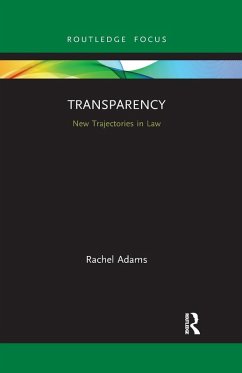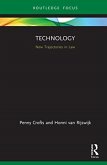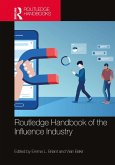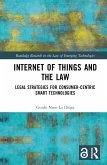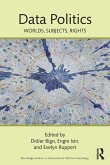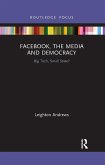This book critiques the contemporary recourse to transparency in law and policy.
This is, ostensibly, the information age. At the heart of the societal shift toward digitalisation is the call for transparency and the liberalisation of information and data. Yet, with the recent rise of concerns such as 'fake news', post-truth and misinformation, where the policy responses to all these phenomena has been a petition for even greater transparency, it becomes imperative to critically reflect on what this dominant idea means, whom it serves, and what the effects are of its power. In response, this book provides the first sustained critique of the concept of transparency in law and policy. It offers a concise overview of transparency in law and policy around the world, and critiques how this concept works discursively to delimit other forms of governance, other ways of knowing and other realities. It draws on the work of Michel Foucault on discourse, archaeology and genealogy, together with later Foucaultian scholars, including Gayatri Chakravorty Spivak and Judith Butler, as a theoretical framework for challenging and thinking anew the history and understanding of what has become one of the most popular buzzwords of 21st century law and governance.
At the intersection of law and governance, this book will be of considerable interest to those working in these fields; but also to those engaged in other interdisciplinary areas, including society and technology, the digital humanities, technology laws and policy, global law and policy, as well as the surveillance society.
This is, ostensibly, the information age. At the heart of the societal shift toward digitalisation is the call for transparency and the liberalisation of information and data. Yet, with the recent rise of concerns such as 'fake news', post-truth and misinformation, where the policy responses to all these phenomena has been a petition for even greater transparency, it becomes imperative to critically reflect on what this dominant idea means, whom it serves, and what the effects are of its power. In response, this book provides the first sustained critique of the concept of transparency in law and policy. It offers a concise overview of transparency in law and policy around the world, and critiques how this concept works discursively to delimit other forms of governance, other ways of knowing and other realities. It draws on the work of Michel Foucault on discourse, archaeology and genealogy, together with later Foucaultian scholars, including Gayatri Chakravorty Spivak and Judith Butler, as a theoretical framework for challenging and thinking anew the history and understanding of what has become one of the most popular buzzwords of 21st century law and governance.
At the intersection of law and governance, this book will be of considerable interest to those working in these fields; but also to those engaged in other interdisciplinary areas, including society and technology, the digital humanities, technology laws and policy, global law and policy, as well as the surveillance society.

